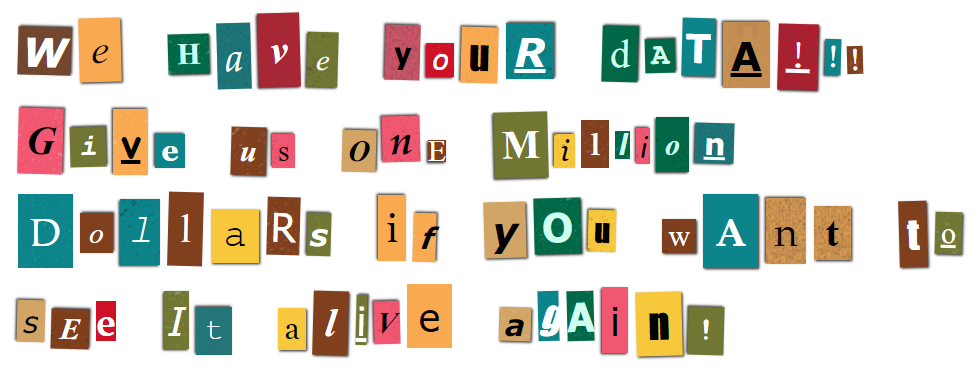The Internet Sensation: Pokémon Go and All of Its (Sometimes Infamous) Glory
About 20 years ago Pokémon was a raging phenomenon. Parents waited in line for hours hoping to get their hands on the coveted Pokémon cards, praying that this time their child would get the oh-so-rare Charizard or some other card that was missing from their beloved collection. The most advanced the game got in terms of technology were the little cartridges players would put into their Gameboys, some of those Gameboys even being “special edition” models created just for Pokémon players. Anything and everything having to do with Pikachu and his friends was bound to be a smashing success. But it’s 20 years later. Is Pokémon even relevant today, other than for those who perhaps kept their collectible cards out of some sense of nostalgia? The answer is quite surprising. Pokémon is back, and it’s back with a vengeance. However, the Pokémon of the new millennium is a very different creature than what it was back in the 1990’s. Welcome to a world where Pokémon Go is now taking the masses by storm, and while new opportunities are arising from this game, so are new problems.
What Is Pokémon Go?
Gone is the game that allowed children (and some adults) to be couch potatoes, playing card games or video games from the comfort of their living rooms. If you want to play Pokémon Go, you actually do need to get up and “go.” In this new version of the game, you search the world around you for Pokémon that seem to be hiding everywhere.
Unlike the older versions of Pokémon, this one is free to play (although in-app purchases are supported, of course). All you need is a smartphone with GPS capability and a built-in camera and you can be one of the many Pokémon Go players that have come forth from the woodwork. The game allows you to capture, battle, and train the virtual Pokémon that you catch by finding them in your local surroundings (or not so local surroundings depending on how serious you are about the game). When the app is in play, the creatures appear on the screen of your device as though they were right there in the real world. Not exactly the Pokémon that many grew up either loving or loathing. In fact, the only real similarity to playing Pokémon Go as opposed to yesteryear’s Pokémon is that some of the characters are still more coveted than others and are harder to find, perhaps making it more addicting for those who have entered into Pokémon Go territory.
The Amazing Success of Pokémon Go
While the game was first released to mixed reviews, one of the biggest advantages of the app was that it proved to be an incentive to get people out of the house and interacting with the world around them. Instead of adventuring from your living room couch, you actually had to go out and play in the real world to achieve success with the app. What could possibly be bad about a game that got people out of their houses and interacting with the real world again?
Unfortunately, when the game was released, the company did not resolve all of its technical issues, causing numerous people to become frustrated with the app. The players wanted it to be love at first sight, they really did. That’s not exactly what happened, however. Regardless, that did not prevent Pokémon Go from becoming a stellar success. Within days it became one of the most-used apps on the planet, bypassing the success of long-time favorites such as Candy Crush Saga and even causing a spike in the stock of the parent company. What few seemed to be asking, however, was how this new phenomenon would affect other websites and apps already in existence, or even those waiting to emerge and piggyback on the success of the newest big hit.
Speaking of Technical Difficulties
Due to the unprecedented success of the game, at launch Pokémon Go suffered from quite a few server outages caused by servers being overloaded due to extreme usage. Crashes were frequent. Authentication errors persisted for a number of days. In fact, for the first two days after launch, players weren’t even able to access the game’s Trainer Club accounts and only Gmail-based accounts were able to enter this new world of Pokémon. Then there were the fights over who should be using whose servers. On July 16, just a few hours after the release of the game in Australia, outages began and Australian players began pointing the finger at United Kingdom players for not using their own local servers and, instead, jumping onto the Australian servers for access. Then a few days after that the game went down again when it was launched in Canada. With so many outages, the launch of Pokémon Go became a perfect example of what not to do when launching a new app and why testing and monitoring are much too important to overlook during the launch of any new app or website.
Now while some may say that an app that may have been launched prematurely is sure to encounter some problems here and there, we need to realize that Pokémon Go is a completely different ballgame. Not only does it affect its own servers, but the game can also affect the servers of apps like Reddt, Vine, Tinder, and Tumblr, which are all popular sites for Pokémon Go players to frequent and discuss their newest adventures. As such, some of these apps could suffer. New sites catering to the Pokémon Go crowd could also suffer if they don’t plan properly for the possibility of going viral.
Becoming a Part of the Pokémon Go Craze
Now while some sites may suffer some drawbacks due to the popularity of Pokémon Go, others may benefit from it. Data tracking companies have begun to note what Pokémon Go players do with their downtime, and activities usually involve stopping at a restaurant or shopping. By implementing Pokémon Go promotions, some businesses may be able to drive traffic during what would normally be slower times of the day or can maximize traffic during peak business hours. However, an online presence will be crucial and maintaining that online presence and monitoring the uptime of it will play a large role in the success of such marketing endeavors. In short, you don’t want to launch a Pokémon Go promotion without having proper website monitoring in place since one can never really anticipate the effect that the Pokémon Go phenomenon will have on a website.

Archives:
- April 2022 (1)
- April 2021 (1)
- February 2021 (1)
- January 2021 (2)
- December 2020 (1)
- January 2020 (2)
- October 2019 (1)
- September 2019 (1)
- August 2019 (1)
- July 2019 (1)




















